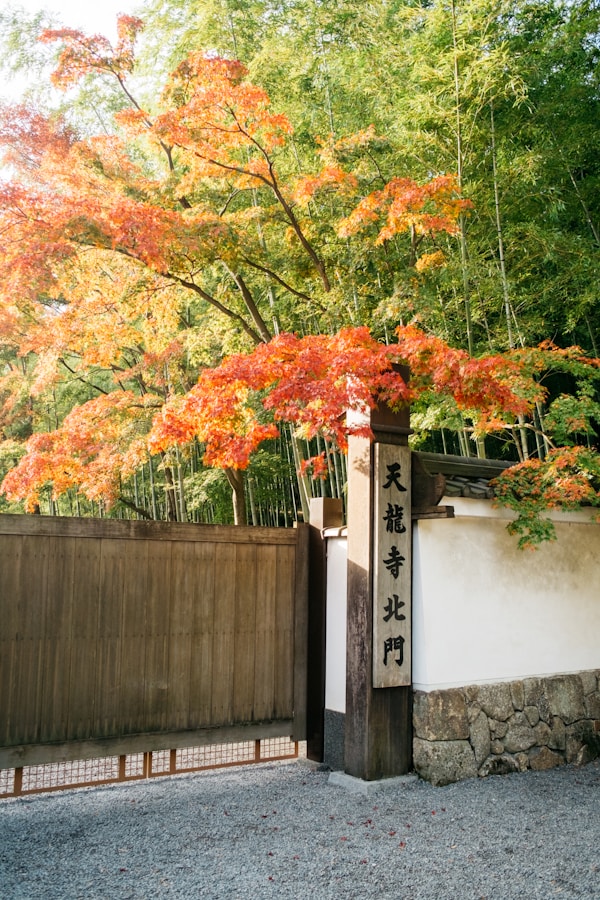.svg)
How to Create a Modern Interior in a Traditional Home
.svg)
.svg)
.svg)

How much is property tax in Japan? Learn how Fixed Asset Tax works for akiya homes, and how Old Houses Japan helps buyers estimate and manage annual taxes.


One of the most common questions buyers ask when considering a vacant home (akiya) in Japan is: “How much will I pay in property taxes?” The answer is… it depends.
Japan doesn’t charge property tax the same way many Western countries do. Instead, the main annual tax for homeowners is called the Fixed Asset Tax (固定資産税 / kotei shisanzei). It applies to all land and buildings, including akiya, and varies by location, property size, and condition.
In this guide, we’ll explain how this tax works, how much you might expect to pay, and how owning an akiya may reduce—or increase—your bill.

What Is Fixed Asset Tax in Japan?
Fixed Asset Tax is a municipal tax charged annually to property owners. It’s calculated based on the assessed value of your land and building, which is typically lower than the market value.
You’ll pay:
The standard rate is:
How Is the Value Calculated?
The assessed value (kotei shisan hyōka) is determined by the city or town office based on:
Every few years, cities update these values. However, for older homes, the building’s assessed value often drops significantly over time—sometimes down to zero.
Typical Akiya Tax Scenarios
💡 Example 1: A small rural akiya
💡 Example 2: A larger countryside property with land
💡 Urban planning area? Add 0.3% for City Planning Tax:
Special Tax Discounts for Older Homes
In many cases, older homes—especially akiya—qualify for significant tax reductions, such as:
However, if the structure becomes a designated “Special Vacant House” (特定空家), due to deterioration or safety risks, the tax discount can be revoked—and you could be charged full land tax without the residential deduction.
How to Find Out Your Tax Amount
When you buy a home in Japan, the local tax office will send you:
If you’re not a resident of Japan, you’ll need to appoint a Tax Agent (納税管理人 / nōzei kanrinin) to receive the tax bill and handle payments on your behalf.
Do You Still Pay If the House Is Empty?
Yes. You’re responsible for the tax even if the home is:
That’s one reason why so many akiya are sold cheaply—because the owners want to stop paying taxes for properties they no longer use.
How Old Houses Japan Helps
We support buyers by:
We make sure there are no tax surprises when you buy your akiya.
Final Thoughts
Fixed Asset Tax in Japan is usually modest—especially compared to other countries. But it’s not zero, and it doesn’t disappear just because the home is empty. By understanding how the system works, you can confidently budget for long-term ownership and avoid unnecessary penalties.
Need help estimating the tax for a property you're considering? Contact Old Houses Japan to get support, guidance, and local insights before you buy.
Start your journey with Luxey today! Sign up for free and get instant access to the best property listings.



